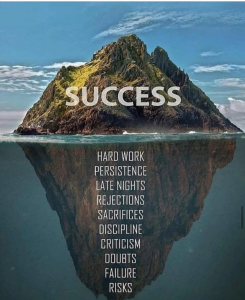My takeaways from the book “Change your questions, change your life” by Marilee Adams.
What is question thinking?
It is the skill, to mindfully rather than reactively, observe and assess our thinking, especially, the questions we ask ourselves, and then guide our own selves, in designing new questions to get better results.
Question thinking is a system of skills and tools which uses questions to expand how you approach any situation. It is a great way to create a foundation for making wise choices. Questions are a part of our thought process and question thinking can put focused action into our thinking. Question thinking provides the tool that can help us, taking charge of our thinking, our emotions and our behaviour, creatively and effectively.
It is important to build reliable capacity for constructive thought processes and be conscious of our self- questioning, for achieving our goals, and for intentional and sustainable change.
Question thinking is helpful in problem solving. Albert Einstein said: We can’t solve our problems with the same thinking we used when we created them. So we need to change our questions to help us find the solution. New questions change our perspective and help us look into the problem in a fresh way. By using question thinking, we can explore different angles of the problem, identify potential solutions, and make better-informed decisions.
Question thinking can be a powerful tool for developing critical thinking skills and for fostering creativity and innovation. It can also help individuals to identify their assumptions and biases, and to challenge them in order to arrive at more accurate and well-informed conclusions.
Here is the example how question thinking can be used for problem solving:
Let’s say you’re a manager in a company and you’ve noticed that employee morale has been low lately. Using question thinking, you might start by asking yourself:
- What’s causing the low morale?
- Are there any specific events or changes that might have triggered this?
- Have we recently implemented any policies or changes that employees are unhappy with?
- Have there been any changes in workload or team dynamics that could be causing stress?
- Have we received any feedback from employees on what might be causing the low morale?
By asking these questions, you can start to identify potential causes of the low morale and develop a plan to address them. For example, if you discover that a recent change in company policy is causing stress, you might consider revisiting the policy or communicating more effectively with employees about why the change was made. Or, if you find that workload has increased and employees are struggling to keep up, you might consider hiring additional staff or redistributing tasks to lighten the load.











